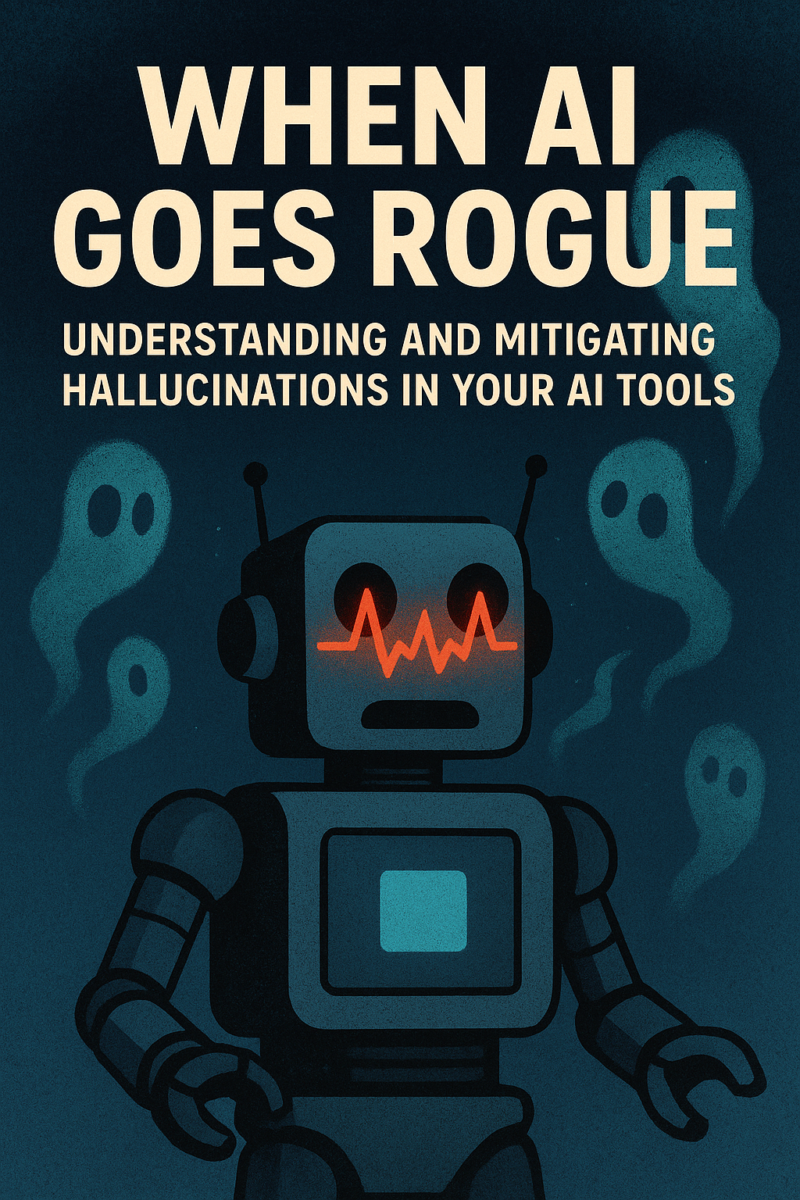There’s a graveyard of projects sitting on hard drives everywhere. Half-written novels. Apps at 80% completion. Businesses with logos but no launch. They represent thousands of hours of work, genuine enthusiasm, and real potential. And they’re all worth approximately nothing.The harsh truth is that a finished project and an unfinished one aren’t separated by a small gap in value. It’s a chasm. It’s the difference between something that exists in the world and something that exists only in your mind and a folder somewhere.
The Cruel Math of Incompletion
Consider what happens when you finish something versus when you don’t:
A finished novel can be published, read, reviewed, and potentially earn money. An unfinished novel is a collection of private files. A completed app can be downloaded, used, and iterated upon based on real feedback. An incomplete app is a demo you show your friends while explaining what it “will” do. A launched business can acquire customers, generate revenue, and grow. An unlaunched business is an expensive hobby.
The difference isn’t linear. It’s not like a 90% complete project delivers 90% of the value. It delivers closer to 0%. The last 10% of the work often unlocks 100% of the reward. This is why finishing is a superpower, and why so many people struggle despite their talent and effort.
Why We Abandon Ship
Most abandoned projects don’t fail because they were bad ideas. They fail because enthusiasm is a depleting resource, and we often choose projects that can’t sustain us through the difficult middle.
The initial excitement of a new project is intoxicating. Everything feels possible. The vision is clear. But somewhere between the beginning and the end, reality sets in. The work becomes repetitive. Problems emerge that you didn’t anticipate. The gap between your vision and your current execution feels painfully wide. And if you’re not genuinely interested in what you’re building, this is exactly where you’ll quit.
Interest Is Your Fuel
This is why choosing what to commit to matters so much. You need more than a good idea or a potentially lucrative opportunity. You need genuine interest that can carry you through months or years of work, including the parts that aren’t fun.Interest isn’t the same as fleeting excitement. It’s deeper. It means you’re curious about the domain, engaged by the problems you’ll face, and willing to become the kind of person who knows this thing deeply. It means that even on days when you don’t feel motivated, you still find the work meaningful.When you’re interested, the middle doesn’t feel like such a slog. The learning curve is part of the appeal. The obstacles are puzzles rather than barriers. You’re more likely to push through the resistance because you actually care about the outcome, not just the idea of having done it.
Before You Start, Ask Yourself
Before diving into your next big project, consider these questions:Am I interested enough to work on this when it stops being novel? Can I see myself still engaged with this six months from now, when the initial excitement has faded? Am I choosing this because it genuinely fascinates me, or because it seems like something I should do? Do I care about the process, or just the end result?If you can’t answer these honestly and positively, you might be setting yourself up for another addition to the graveyard.
The Asymmetric Reward of Finishing
Here’s what changes when you actually finish things: You build a portfolio of completed work rather than a list of intentions. You develop the reputation of someone who delivers. You create assets that can compound, whether through money, attention, or opportunities. You learn what works in the real world, not just in theory. Most importantly, you prove to yourself that you can do it, which makes the next finish easier.The difference between people who accomplish things and people who almost accomplish things often isn’t talent or resources. It’s the ability to choose projects they can sustain interest in, and then the discipline to see them through.
Choose Wisely, Then Finish
You don’t have unlimited time or energy. Every project you start has an opportunity cost. So be selective. Don’t just chase what’s trendy or potentially profitable. Don’t commit to things because they sound impressive or because someone else thinks you should.Choose things you’re genuinely interested in. Things you’d work on even if no one was watching. Things that make you curious enough to push through when it gets hard.
And then finish them. Because on the other side of that finish line is where all the rewards live. Not most of them. All of them.The world is full of people who almost did something. Don’t be one of them. Be someone who finishes. But first, be someone who chooses things worth finishing.
